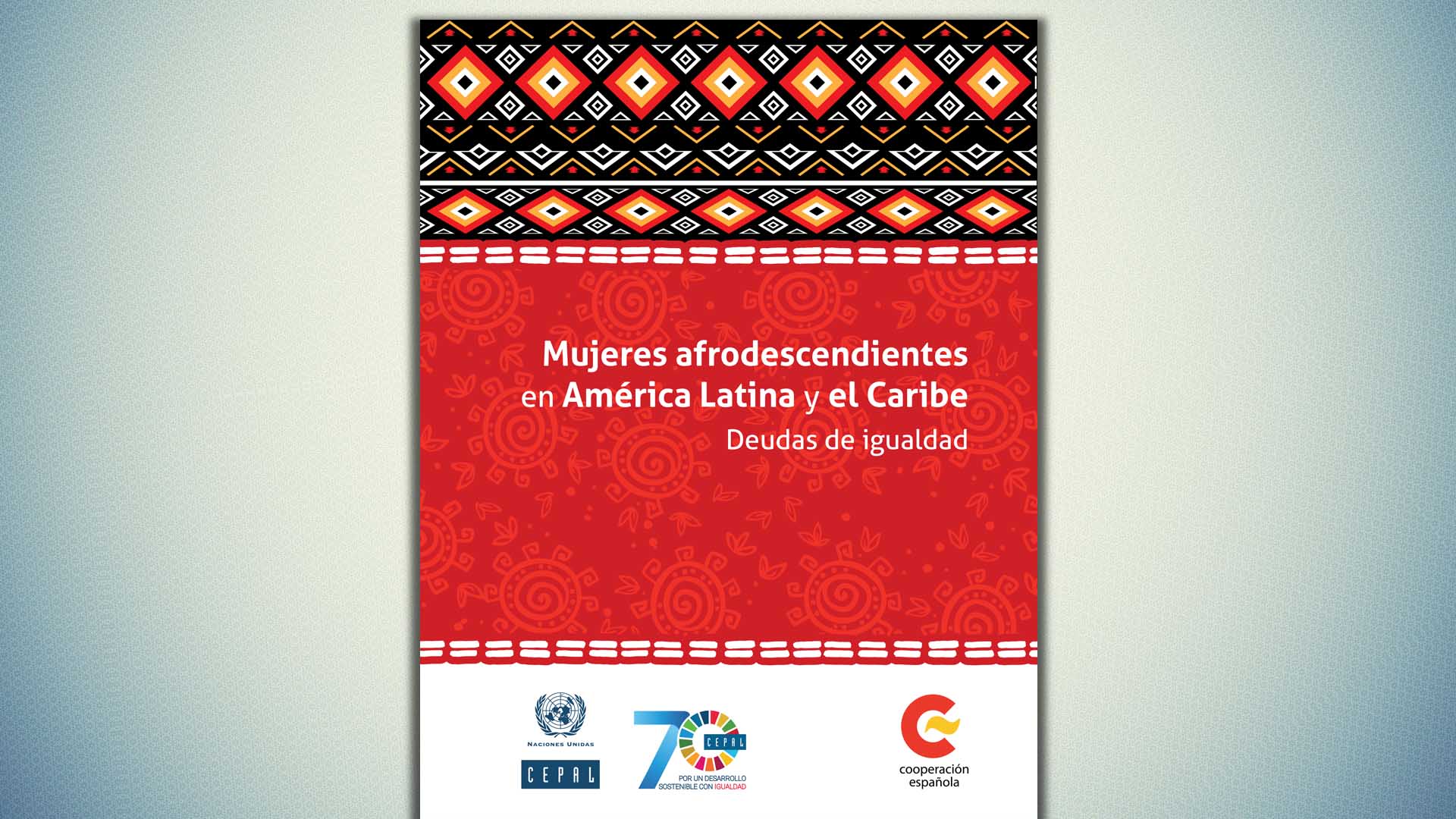News
Despite the progress seen in the last decade, Afro-descendant women in Latin America and the Caribbean continue to be ignored as the possible beneficiaries of differentiated policies, they suffer poverty at higher rates than the rest of the population, they are underrepresented or absent from decision-making processes, and their right – and that of their communities – to live a life free of violence is more frequently infringed, ECLAC indicates in the recently published document Afro-descendant Women in Latin America and the Caribbean: Debts of Equality (in Spanish and Portuguese only).
The study, prepared by the Division for Gender Affairs of the Economic Commission for Latin America and the Caribbean (ECLAC), is structured on the basis of the three dimensions of women’s autonomy – economic, physical and in decision-making – to provide an overview of the diverse inequalities that Afro-descendant women from the region experience.
This text seeks to contribute to the discussion about policies aimed at eliminating all the forms of discrimination affecting them. An “intersectional and gender perspective” is adopted to render visible the social, economic, educational and health-related gaps (among others) that exist not only in comparison with Afro-descendant men, but also versus non-Afro-descendant men and women.
The document particularly underlines the statistical silence that weighs on this population group: “The development of statistical information of quantity and quality about Afro-descendant people in the region is a debt owed by the States of Latin America and the Caribbean that hinders progress on public policies for equality, in particular gender equality policies.”
According to ECLAC, a minimal estimate arising from the database of the last round of censuses in 16 Latin American countries points to a figure of 130 million Afro-descendant people in the region as of 2015.
The multiple inequalities that Afro-descendant women have historically faced in Latin America and the Caribbean are part of a complex system of structural discrimination, handed down from slavery in the colonial past, the Commission explained in the study.
“The regional outlook on the effects of the intersection between different forms of discrimination shows that the majority of Afro-descendant women still lack the socioeconomic resources and the power needed to achieve physical, economic and decision-making autonomy,” it emphasizes.
Guaranteeing the autonomy of Afro-descendant women in these three key dimensions “can symbolize great progress in the lives of all women in the region, since Afro-descendant women occupy the lowest levels of the social pyramid and the consequences of these advances will impact the entire social structural in the countries of Latin America and the Caribbean,” the study concludes.



